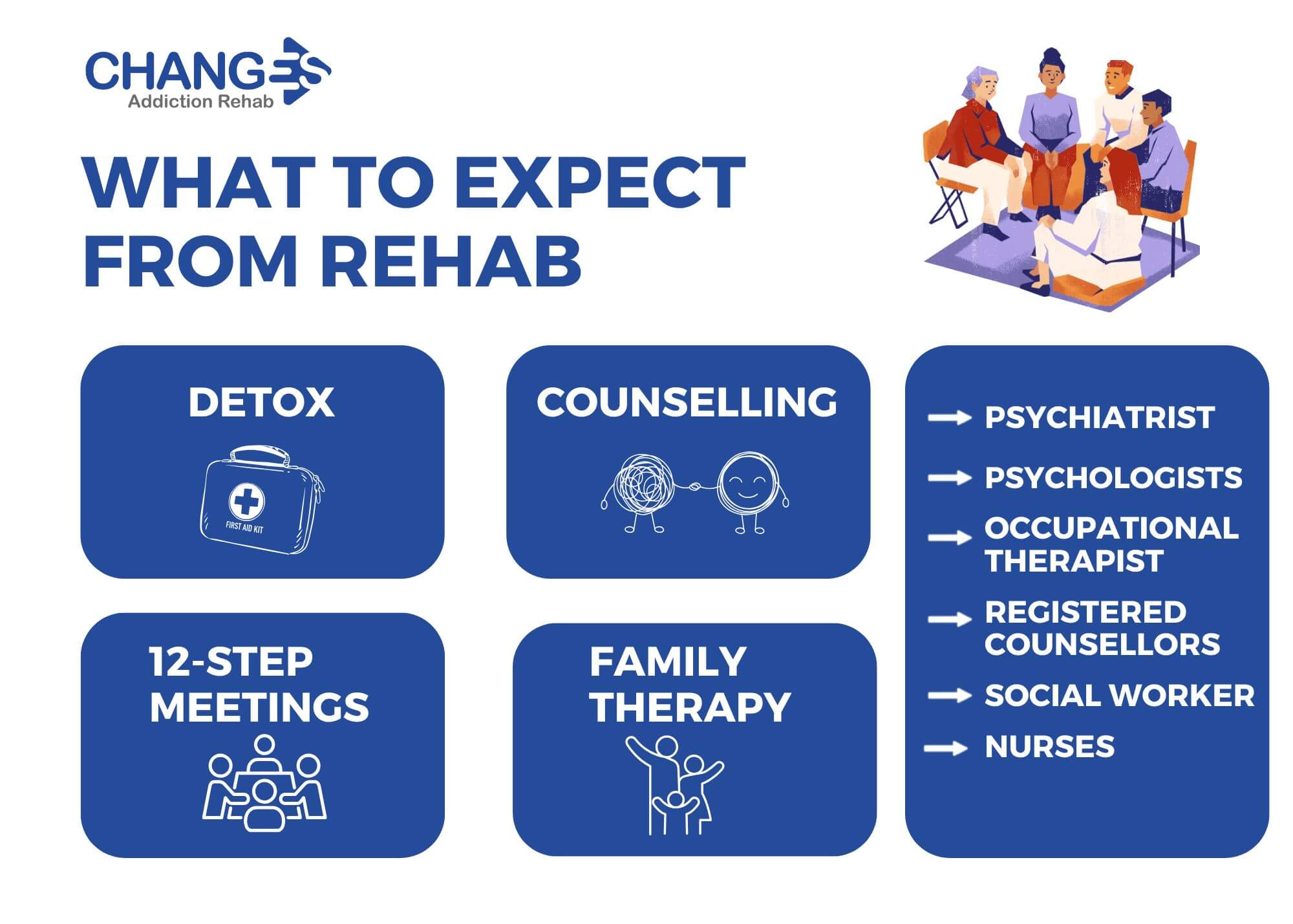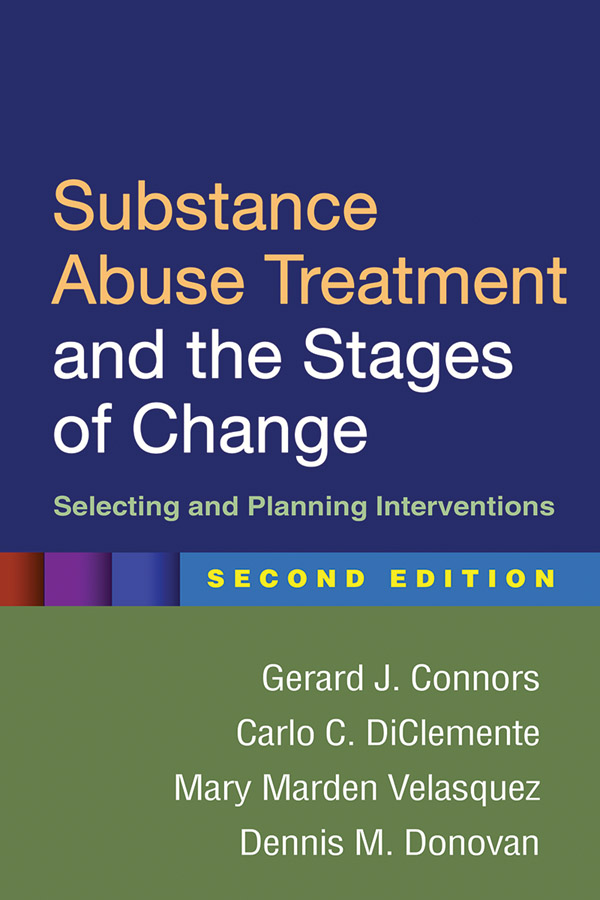A Comprehensive Overview to Substance Abuse Rehabilitation
Substance Abuse recovery, frequently referred to as rehab, is an organized procedure developed to assist individuals get rid of dependence on drugs, alcohol, or various other habit forming materials. It is not just concerning detoxification-- it is a journey of psychological, psychological, and physical improvement. Rehabilitation facilities supply secure environments where individuals can confront the source of their dependency, address emotional triggers, and find out coping devices to suffer long-term soberness. This process is guided by trained experts, consisting of therapists, clinical physicians, and therapists who understand the complex nature of addiction as both a behavior and physiological condition.
Comprehending the Core of Substance Abuse Abuse Recovery
At its core, recovery is about reconstructing a person's life. Dependency commonly leaves behind deep scars-- strained relationships, financial distress, health issue, and mental illness. With extensive rehabilitation programs, individuals are offered the tools to repair these aspects slowly. Rehab isn't practically avoiding compounds; it has to do with redeeming control and finding one's sense of self-regard. The programs stress structure, uniformity, and personal responsibility, which are essential to lasting recuperation success. Every little milestone throughout rehab serves as a structure for lasting sobriety.
Substance Abuse Abuse recovery is not a one-size-fits-all method. It identifies that everyone's dependency tale is distinct-- what brought about Substance Abuse misuse, exactly how it proceeded, and how recuperation can be sustained differ extensively. Treatment centers tailor treatment plans based on individual evaluations, making sure that every person receives support that lines up with their mental state, dependency background, and life conditions. This personalized technique substantially improves recovery outcomes and helps prevent relapse when people reintegrate into daily life.
The Advantages of Inpatient Rehab Programs
Inpatient rehabilitation, likewise known as household therapy, offers among one of the most efficient approaches for those fighting severe Substance Abuse dependency. One of its primary benefits is the structured and distraction-free atmosphere. When a person goes into an inpatient facility, they are temporarily gotten rid of from external triggers-- such as pals that make use of compounds, stressful offices, or family problems-- that might impede their recovery. This seclusion from negative influences permits clients to concentrate entirely on recovery. Living within a monitored and helpful setup creates the security required to damage old practices and develop much healthier patterns of behavior.
One more significant advantage of inpatient rehabilitation is the 24/7 expert guidance readily available to each individual. Withdrawal signs and symptoms from drugs or alcohol can be unpredictable and, in many cases, deadly. Inpatient centers have clinical groups that provide day-and-night care, making sure people are comfortable and risk-free throughout cleansing. Past physical wellness, continual guidance also provides emotional confidence-- clients understand that assistance is offered any time, which lowers anxiousness and develops trust fund in the recuperation procedure. This prompt accessibility to clinical and mental support considerably enhances the success rate contrasted to outpatient take care of serious addictions.
Inpatient rehabilitation programs promote a strong feeling of neighborhood and liability. People connect with others that share similar struggles, take part in group treatment, and participate in activities that encourage synergy and empathy. This setting supports good understanding and reduces sensations of seclusion typically connected with dependency. By attaching with peers and gaining from their experiences, individuals create social bonds that continue to support them even after leaving the facility. This feeling of belonging, combined with regular expert assistance, makes inpatient rehabilitation a very efficient structure for sustainable recovery.
Inpatient Rehabilitation Services Used
Inpatient recovery centers use a diverse array of services made to treat the body, spirit, and mind concurrently. The first phase generally entails medical cleansing, a process that securely removes compounds from the body while taking care of withdrawal symptoms. Detox is managed by clinical professionals who might carry out medication to alleviate pain and avoid difficulties. Once detox is full, patients transition to structured day-to-day programs that include health, treatment, and therapy activities. This integrated technique makes sure that individuals not just get rid of physical reliance however also address psychological and psychological facets of dependency.
Healing solutions go to the heart of inpatient rehab. Facilities offer person therapy sessions, where clients work individually with licensed specialists to discover the underlying causes of their dependency-- such as injury, psychological health and wellness disorders, or unresolved psychological pain. Cognitive-behavioral treatment (CBT), dialectical behavior modification (DBT), and motivational talking to are among the most usual evidence-based approaches made use of. On top of that, group treatment sessions supply a supportive room for patients to share experiences, gain viewpoint, and establish interpersonal abilities. Household treatment is likewise frequently included, aiding to reconstruct trust and boost communication in between clients and their liked ones.
Beyond standard therapy, several inpatient programs include leisure and holistic solutions to advertise general health - substance abuse treatment Morris County. Yoga exercise, reflection, art treatment, and physical fitness programs help minimize stress and show mindfulness. Nutritional therapy guarantees that clients restore physical health, as Substance Abuse frequently depletes the body's necessary nutrients. Some rehabilitation focuses even offer employment training and instructional workshops to assist people prepare for reintegration right into culture. These varied solutions are developed to heal the entire person-- not just treat addiction signs and symptoms-- by cultivating balance, resilience, and function
Why You Have To Consider Outpatient Programs
While inpatient rehab offers an immersive and intensive method, outpatient programs offer an alternative that allows flexibility for individuals that can not devote to permanent household therapy. Outpatient rehab visit our website allows clients to receive structured treatment and clinical support while keeping their day-to-day duties-- such as family members, job, or institution care. For many people with moderate to moderate dependency, outpatient treatment offers the excellent balance in between recuperation and daily life. It enables clients to practice the coping abilities they learn in real-world settings, enhancing their resilience in the face Click Here of daily obstacles.
One more factor to think about outpatient programs is their cost-effectiveness. Inpatient care can be costly due to lodging, meals, and 24-hour supervision, which might not be financially practical for everyone. Outpatient programs, nevertheless, generally set you back less due to the fact that they do not require household stays. Lots of facilities use sliding-scale settlement choices or approve insurance to make treatment accessible. For those that have currently finished inpatient rehab, transitioning into an outpatient program functions as a valuable continuum of care, assisting keep accountability and stop regression through ongoing support.
Additionally, outpatient programs supply a high degree of customization. Patients can select in between partial hospitalization programs (PHP), extensive outpatient programs (IOP), or typical outpatient care, depending upon their degree of demand. Each alternative gives varying degrees of structure and time commitment. For example, IOPs commonly involve several treatment sessions per week, while conventional outpatient care may consist of regular therapy check outs. This versatility guarantees that clients can get professional assistance tailored to their healing stage, making outpatient programs a useful and empowering choice for lasting recuperation maintenance.

Exploring Various Other Therapy Options in Substance Abuse Abuse Recovery
Past outpatient and inpatient rehab, there are several other therapy alternatives readily available for people seeking recovery from Substance Abuse dependency (Inpatient rehab). Medication-assisted treatment (MAT) is one such approach, incorporating recommended medications with behavior modification to manage withdrawal signs and symptoms and reduce desires. Medicines like methadone, naltrexone, or buprenorphine are try this site often utilized in opioid addiction therapy, while acamprosate or disulfiram may sustain alcohol healing. Floor covering assists maintain brain chemistry, permitting individuals to concentrate on treatment and lifestyle modifications without the overwhelming discomfort of withdrawal

Alternate treatments are likewise ending up being progressively prominent in Substance Abuse Abuse treatment. These may include alternative methods like acupuncture, equine therapy, adventure-based therapy, and spiritual recovery programs. While these techniques may not replace standard treatment, they can match it by improving emotional law, self-awareness, and self-confidence. The objective of exploring different treatment options is to develop a healing plan that resonates with each person's values, beliefs, and way of living. A personalized combination of treatments frequently yields one of the most sustainable outcomes, equipping individuals to live a fulfilling, substance-free life.
The Path to Long-Term Soberness and Healing
Completing rehab-- whether inpatient or outpatient-- is just the beginning of a lifelong recovery trip. Aftercare programs play a vital role in keeping sobriety and preventing regression. These programs may include recurring therapy, assistance groups like Narcotics Anonymous or Twelve Step Programs, and sober living plans that provide continued framework. Consistency and community are essential; individuals that stay linked to recovery networks are most likely to sustain long-term progression. Rehabilitation instructs the essential coping abilities, however aftercare guarantees that those abilities are used and enhanced in real-life scenarios.
Long-term healing additionally depends on way of life adjustments that support physical and psychological health. Establishing healthy behaviors-- such as regular exercise, well balanced nutrition, and mindfulness methods-- aids recover balance to the body and mind. Engaging in deliberate tasks like volunteering, seeking leisure activities, or reconnecting with loved ones can fill the emotional space left by Substance Abuse usage. Creating a favorable way of thinking and focusing on future objectives offer recouping people a renewed sense of identity and direction. Sobriety is not about deprivation; it's regarding recovering life's richness and opportunities.

Through comprehensive rehabilitation programs, individuals are given the devices to fix these elements slowly. Inpatient rehab programs foster a solid feeling of neighborhood and responsibility. While inpatient rehab provides a intensive and immersive strategy, outpatient programs give an option that enables flexibility for people that can not commit to full-time residential treatment. Outpatient rehabilitation allows clients to receive organized therapy and clinical support while maintaining their day-to-day obligations-- such as work, school, or family members treatment. Beyond outpatient and inpatient rehab, there are several other therapy choices available for people seeking recuperation from Substance Abuse dependency.